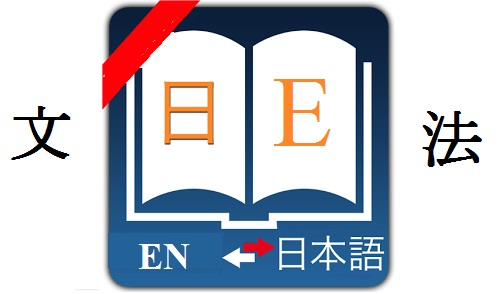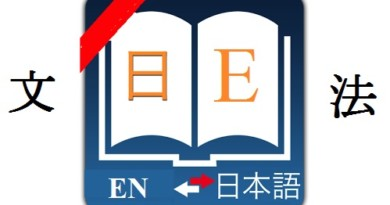Japanese わりには grammar wariniha
Let’s learn Japanese わりには grammar wariniha:
Formation :
Nのわりに
Aなわりに
Aいわりに
Vわりに
Meaning and how to use :
Describing the meaning “has a greater degree than usual standards”. Often used in both good and bad reviews when things don’t follow standards.
Examples:
今度彼の作ったケーキは毎度のわりにおいしい。
Kondo kare no tsukutta keiki wa maido no wari ni oishii
The cake he made this time is quite better than the one he made all the time.
今年の余計は費用のわりに少ない。
Kotoshi no yokei wa hiyou no wari ni sukunai.
This year’s balance is less than the consumer fee.
彼女は最近が普通のわりに気が短い。
Kanojo wa saikin ga futsuu no wari ni ki ga mijikai.
Lately, she has been more hot- tempered than usual.
今度のボーナスは毎度のわりに高い。
Kondo no bounasu wa maido no wari ni takai.
The bonus money this year is higher than the usual one in every year.
今期末のレポートは毎期末のわりに難しい。
Ima kimatsu no repouto wa mai kimatsu no wari ni muzukashii.
The report at the end of this term is more difficult than that at the end of every term.
Above is Japanese わりに(は) grammar warini(ha). If you don’t understand the signs we used in formation, you can find their meaning here : signs used in Japanese grammar structures.
You can search the structure you want by using the search tool on our website (using key : grammar + ‘structure name’ or you can find more Japanese grammar structures in the following category : Japanese grammar dictionary
